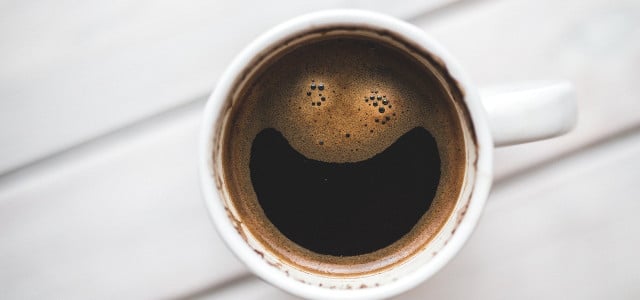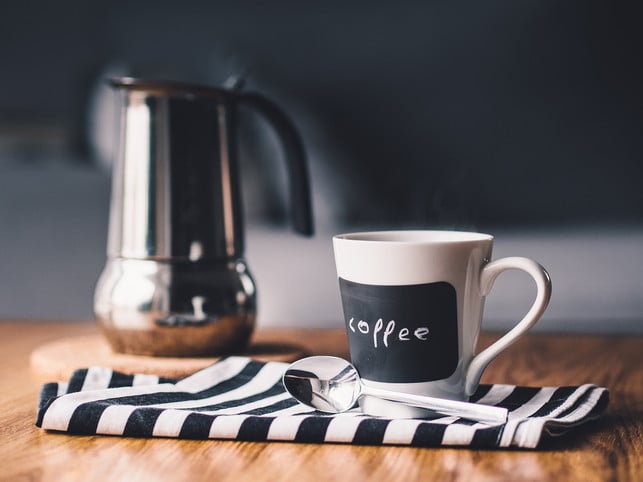
Coffee Napping combines caffeine with a short powernap. You can find out how this combination should work and what science is currently saying about it.
Those who are tired drink coffee. If you are still tired, make a nap. But both together? This is exactly what is behind Coffee Napping – a simple trick to become awake in a short time.
Coffee Napping combines two things: caffeine and a short sleep. The idea is simple: you drink a cup of coffee and then lie down for 15 to 20 minutes. That seems contradictory, because coffee wakes up?
This is exactly the trick: caffeine takes about 20 minutes to work in the body. If you fall asleep immediately after drinking, you wake up when the caffeine becomes active – with a double freshness kick. At least that’s how the theory.
That happens in the brain at Coffee Napping
Our body gets tired because a fabric called adenosine accumulates. Adenosine is a neurotransmitter that plays an important role in the sleep-wake rhythm. It binds to special receptors in the brain and thereby slows down the neuronal activity – that makes us sleepy. As we sleep, the body is removing adenosine so that we feel fresher after waking up.
Caffeine works by blocking the adenosine receptors in the brain. In its structure, it resembles adenosine and occupies the receptors, but without developing their damping effect. As a result, adenosine can no longer have its sleep -promoting effect and we feel more alert.
So if you make a short nap, you can already dismantle some adenosine – and the caffeine can develop its full effect on Coffee Napping, as less adenosine competes for the receptors. Result: You feel more rested when coffee or sleep would work alone.
Coffee Napping: What does science say?

(Photo: CC0 / Pixabay / FancyCrave1)
So far, there have been only a few studies that have examined the effects of coffee napping. Many of these studies also have only a small number of subjects: inside and are therefore only meaningful to a small extent. Nevertheless, some results provide initial indications that the combination of short sleep and caffeine could actually work:
- A 1994 study and a study from 2006 show that Coffee Napping can increase energy and attention more than caffeine or sleep alone during a night shift.
- A study from 2003 examined the effect of Coffee Napping in ten adults. The study shows that taking 200 milligrams of caffeine, followed by a 20-minute nap, the energy and performance in computer tasks improve more effectively than a nap in connection with cold facial wash or light light.
However, caffeine is usually served in the capsule form in these studies and not as coffee. For this reason, too, the previous research situation is not meaningful enough to scientifically demonstrate the effect of Coffee Napping.
You should consider that at Coffee Napping
If you want to try coffee napping, you should consider the following tips:
-
Drink black coffee: drink the coffee best black. Additional sugar can affect the effects of coffee napping according to Healthline.
-
Lie down directly: A short power NAP of a maximum of 20 minutes is ideal. To sleep longer can lead to you feel even more exhausted afterwards.
-
Not too much caffeine: Basically, make sure not to consume too much caffeine throughout the day. Especially if you are sensitive to caffeine, an excess of inner restlessness, fear or sleep disorders can cause too high, Healthlin says. Basically, it is advisable not to consume more than 400 milligrams of caffeine a day. That corresponds to about four cups of coffee. You can find out more about this here: How much coffee a day is healthy?
Read more on utopia.de:
- Boil coffee: 10 errors that you can avoid
- “Massive additional blood circulation”: that makes coffee in the body
- Uncoffinated coffee: how healthy is it really?
** marked with ** or orange underlined Links to sources of supply are partially partner links: If you buy here, you will actively support Techzle\.com, because we will then receive a small part of the sales proceeds. More information.